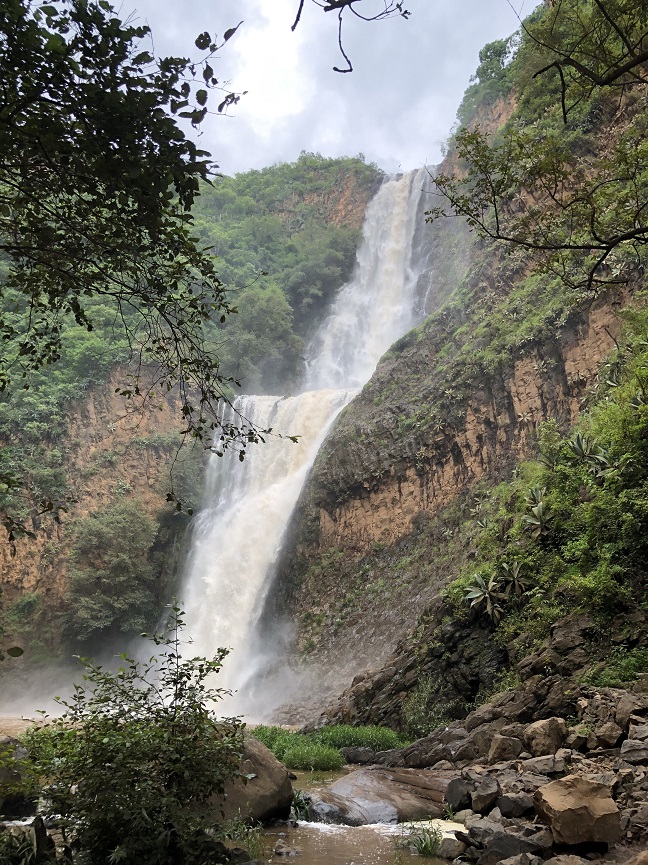Groundwater quality for agricultural use in Zacoalco de Torres and Autlan de Navarro, Mexico
DOI:
https://doi.org/10.28940/terra.v39i0.745Keywords:
residual sodium carbonate, sodium adsorption ratio, hydrogeochemistry, anions, cationsAbstract
In Mexico, one of the main sources of agricultural irrigation supply is groundwater, irrigating approximately two million hectares of land and also providing 75% of water volume in rural and urban areas nationwide. However, these water resources have been largely affected by pollutants from industrial waste, as well as leaching of chemical substances in agricultural soils. To assess the physicochemical characteristics of groundwater, this study was performed in Zacoalco de Torres and Autlan de Navarro, which are located in areas of the agricultural valley and thus influenced by agricultural and urban activities. Samples were collected in the dry and rainy seasons in 2017. The sampling sites were deep wells and water wheels. In total 48 samples were obtained corresponding to the two stations. In each sample, the following parameters were analyzed: pH, anions and cations, electric conductivity (EC), residual sodium carbonate (RSC), sodium adsorption ratio (SAR), as well as hydrogeochemical classif ication. The underground waters of Zacoalco are mostly chlorinated-magnesium waters and in Autlan bicarbonate-magnesium with medium and low concentrations, so they are recommended for irrigation; with respect to salinity Zacoalco has 40% high salinity waters in dry and 66% medium salinity waters in rains; Autlan has 75% high salinity waters in dry and 75% medium salinity waters, so its use shows moderate restrictions.
Downloads
Publication Facts
Reviewer profiles N/A
Author statements
- Academic society
- Terra Latinoamericana
- Publisher
- Mexican Society of Soil Science, C.A.

















